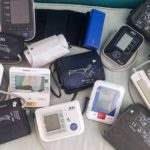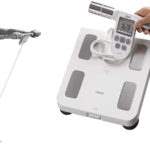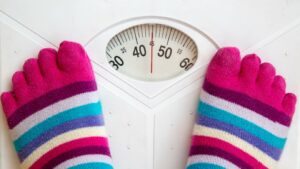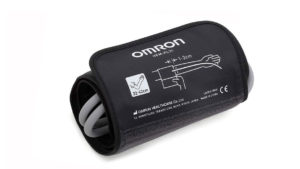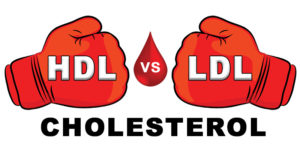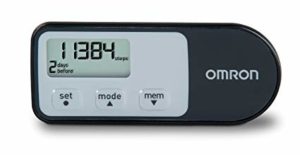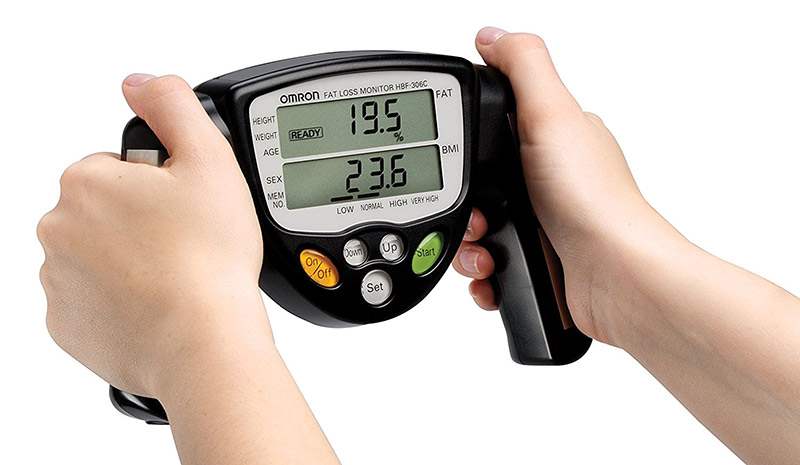
The Accuracy of Body Fat Scales: What You Need to Know
Assessing the accuracy of body fat scales is crucial for effective health monitoring and fitness progress tracking. These scales, often based on bioelectrical impedance analysis (BIA), offer a convenient way to estimate body fat percentage. However, various factors can influence their accuracy. Let’s delve into the concept of how accurate body fat scales truly are and what factors can impact their readings.
How Body Fat Scales Determine Your Body Composition
Body fat scales primarily use bioelectrical impedance (BI), which is considered highly accurate and accessible by many experts. This method relies on the fact that body tissues like bones, blood vessels, and muscles, which have high water content, conduct electricity well. Conversely, body fat has low electric conductivity. The monitor sends a very weak electrical current (about 0.5mA) through the body to measure fatty tissue levels safely. You won’t feel this current during the process. This current, though weak, helps determine body fat. The formula for calculating body fat percentage considers five factors: electrical resistance, height, age, gender, and weight.
Factors Affecting Body Fat Scale Accuracy
Hydration Levels
- Low Hydration: If you’re dehydrated or have recently sweated a lot, your body may have less water for the current to pass through.
- High Hydration: Conversely, having a full bladder or excess fluid retention, common during menstrual cycles, can result in a lower reading.
For improving the accuracy of a body fat scale, it’s best to weigh yourself early in the morning before eating, drinking, showering, or exercising. This timing allows for consistent and reliable daily comparisons. Throughout the day, water levels in the body tend to decrease, affecting measurement methods. For example, the hand-to-hand method may yield higher fat readings later in the day.
Movement During Measurement
Body fat scales are highly sensitive to movement. For accurate readings, it’s crucial to stand still during measurement. Movement can disrupt the electrical flow and lead to inaccurate results.
Foot Calluses
Thick calluses on the feet can interfere with the electrical current flow. Smoothing or shaving down calluses can help ensure more accurate readings.
Muscle Mass
Muscle weighs more than fat, and body fat scales may not distinguish between the two. If you have a high muscle mass due to weight training or other factors, the scale may overestimate body fat percentage. Hence, body-builders should refrain from using body composition monitors. These devices often use estimation formulas based on studies of ‘normal’ individuals, excluding body-builders. Because body-builders have unique body compositions with higher muscle mass and lower water content, the fat percentage readings from these devices may be unreliable.
Age and Gender
Age and gender can also influence body fat scale readings. Women may experience fluctuations due to menstrual cycles, while older individuals may have different body composition. During pregnancy, body composition monitors are primarily useful for tracking weight, as the other calculations are not accurate. The increased volume of fluids in pregnant women affects the conductivity of the body, influencing fat percentage calculations. Additionally, the higher weight of pregnant women impacts fat percentage estimations. Also, these scales are not recommended for children.
FAQs
Q: How do Body Fat Scales Compare to Other Methods in Terms of Accuracy?
A: Body fat scales can provide a convenient estimate of body fat percentage, but they may not be as accurate as methods like dual-energy X-ray absorptiometry (DEXA) scans. However, they offer a quick and easy way to track changes over time.
Q: Can Everyone Use Body Fat Scales?
A: While body fat scales are generally safe for most individuals, they may not be suitable for those with pacemakers or other implanted medical devices. Most body composition monitors operate on bio-impedance analysis, where a weak electrical current passes through the body undetectably. However, this current can interfere with cardiac pacemakers, leading to unpredictable behavior. Children & pregnant women should also avoid using these scales.
Q: How Often Should I Use a Body Fat Scale?
A: For consistent tracking, experts recommend using the scale at the same time of day, under similar conditions (such as before eating or drinking), and on a regular basis, such as once a week.
Q: Are Body Fat Scales Useful for Tracking Fitness Progress?
A: Yes, body fat scales can be valuable tools for monitoring changes in body composition over time. They can provide insights into the effectiveness of fitness routines and dietary changes.
Key Takeaways
- Body fat scales estimate body fat percentage using bioelectrical impedance analysis.
- Factors such as hydration levels, movement during measurement, foot calluses, muscle mass, age, and gender can impact the accuracy of body fat scale readings.
- While not as precise as some medical methods, body fat scales offer a convenient way to monitor changes in body composition.
- Consistency in measurement conditions, such as time of day and hydration level, is essential for accurate and meaningful results.
In conclusion, several factors influence the accuracy of body fat scales, and understanding these factors can help users interpret their readings effectively. While these scales offer convenience and insights into body composition, users should incorporate them into a broader health and fitness monitoring strategy. Regular monitoring, coupled with healthy lifestyle choices, can lead to better overall health and fitness outcomes.


